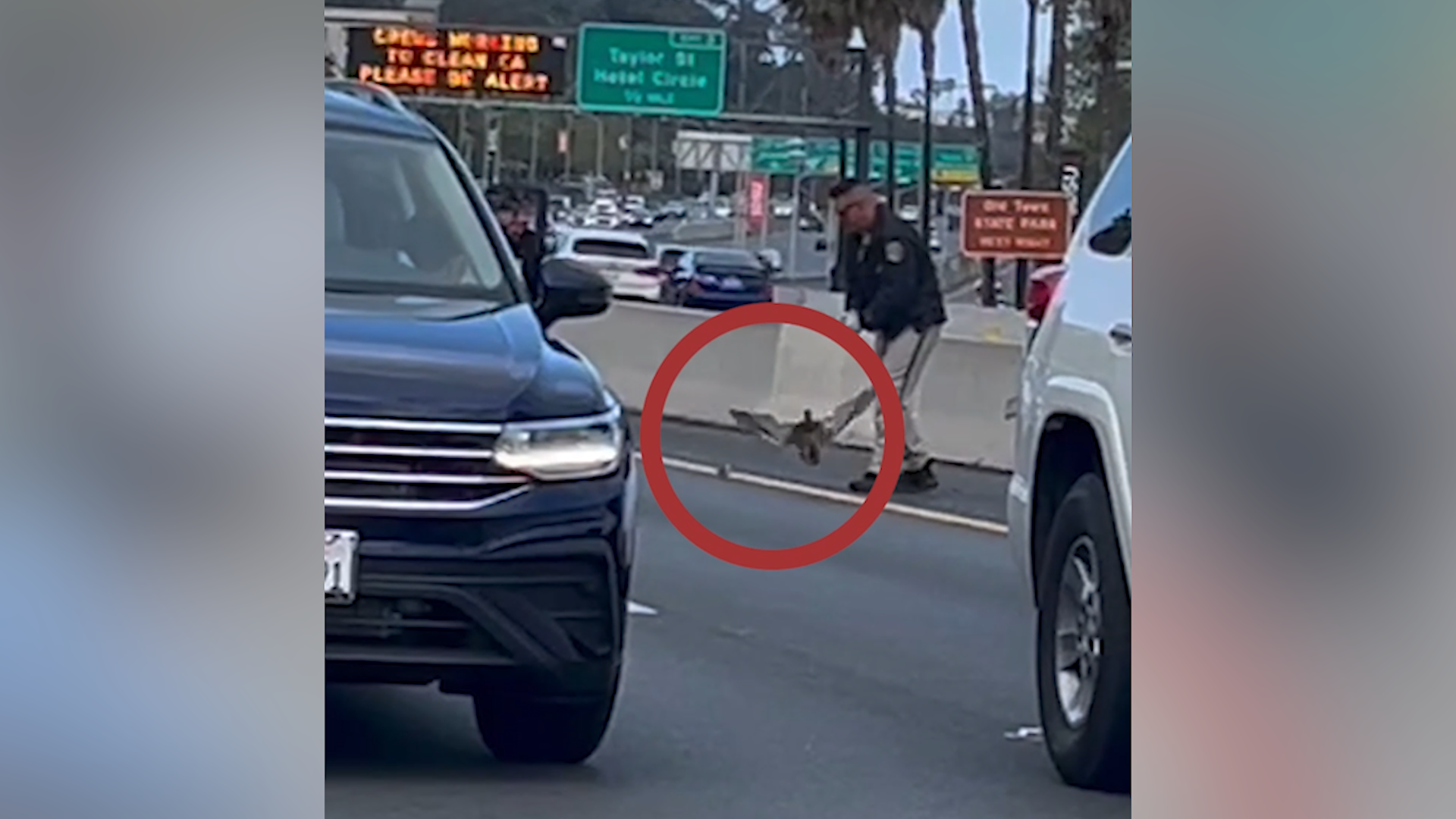The San Diego County Board of Supervisors voted 3-2 Tuesday to continue the local health emergency order connected to the efforts to combat the COVID-19 pandemic.
Supervisors Nathan Fletcher, Terra Lawson-Remer and Nora Vargas were in favor, while Joel Anderson and Jim Desmond voted no after a regular update on the virus.
In a written statement, Desmond said he voted against continuing the emergency because if the county is "willing to turn people away from working at the County of San Diego, hospitals, doctor's offices, police officers, firefighters, and many other industries, (then) this emergency is over."
Get top local stories in San Diego delivered to you every morning. Sign up for NBC San Diego's News Headlines newsletter.
Anderson, through a spokesman, declined to comment.
Based on Desmond's suggestions, the board also voted unanimously for a serious of recommendations -- providing monoclonal treatments, expanding testing of all types, including antibody and data collection, and a future presentation on natural immunity.
Desmond said the public doesn't know that monoclonal treatments are available, and the county needs to make a stronger effort to inform them.
Local
Antibody testing would be help people make decisions on their health, Desmond said.
Germany and other nations are researching to see if people are recovering with antibody testing, and the county should follow that lead and also create its own database, Desmond said.
Desmond added that if certain people truly cannot receive a vaccine because of health or religious reasons, showing proof of antibodies might help them be able to keep their jobs.
Dr. Wilma Wooten, county public officer, said that type of test "is at one point in time" and doesn't indicate what person may look like in six months.
Wooten added that UC San Diego has researched such testing, but that information may not predict a person's long-term immunity.
Lawson-Remer called for better public outreach on COVID-19 booster vaccines to enable the public to know where and how they can receive them. She added that it was important for the county to focus on why residents of Vista, San Marcos and Escondido are lagging far behind on vaccinations.
Denise Foster, the county's chief nurse, said the county is working with community organizations to understand the barriers that prevent people from being vaccinated. Supervisor Nora Vargas offered her team to help Lawson- Remer's office out on vaccine efforts.
Vargas added that inequities existed before the pandemic and language barriers also created mistrust. However, help from Hispanic organizations improved vaccination rates.
"It's been a tough year for everyone," Vargas said, adding that she hoped 2022 is a healthier year.
During the Tuesday presentation, Wooten said the county is still experiencing increased case rates, with the Delta virus variant being predominant.
Wooten added that while the Omicron variant hasn't been detected in the county, "it's only a matter of time" before it will, and that 18 states have reported cases involving the Omicron variant.
Wooten stressed that with high transmission rates across the United States, including San Diego County, the U.S. Centers for Disease Control recommends that people wear masks in indoor settings.
Wooten also said that along with the COVID-19 vaccine, residents should get their flu shot.
Tuesday's meeting also including an hourlong public comment period, mostly comprised of people expressing criticism of the coronavirus vaccines and opposition to any COVID-19 mandates.
Since the county declared a state of emergency on Feb. 14, 2020, there have been 390,381 coronavirus cases and 4,357 deaths in San Diego County.



